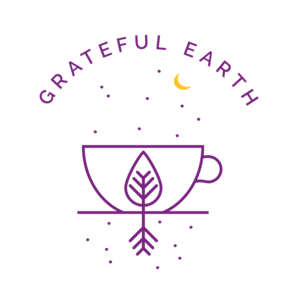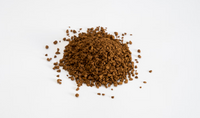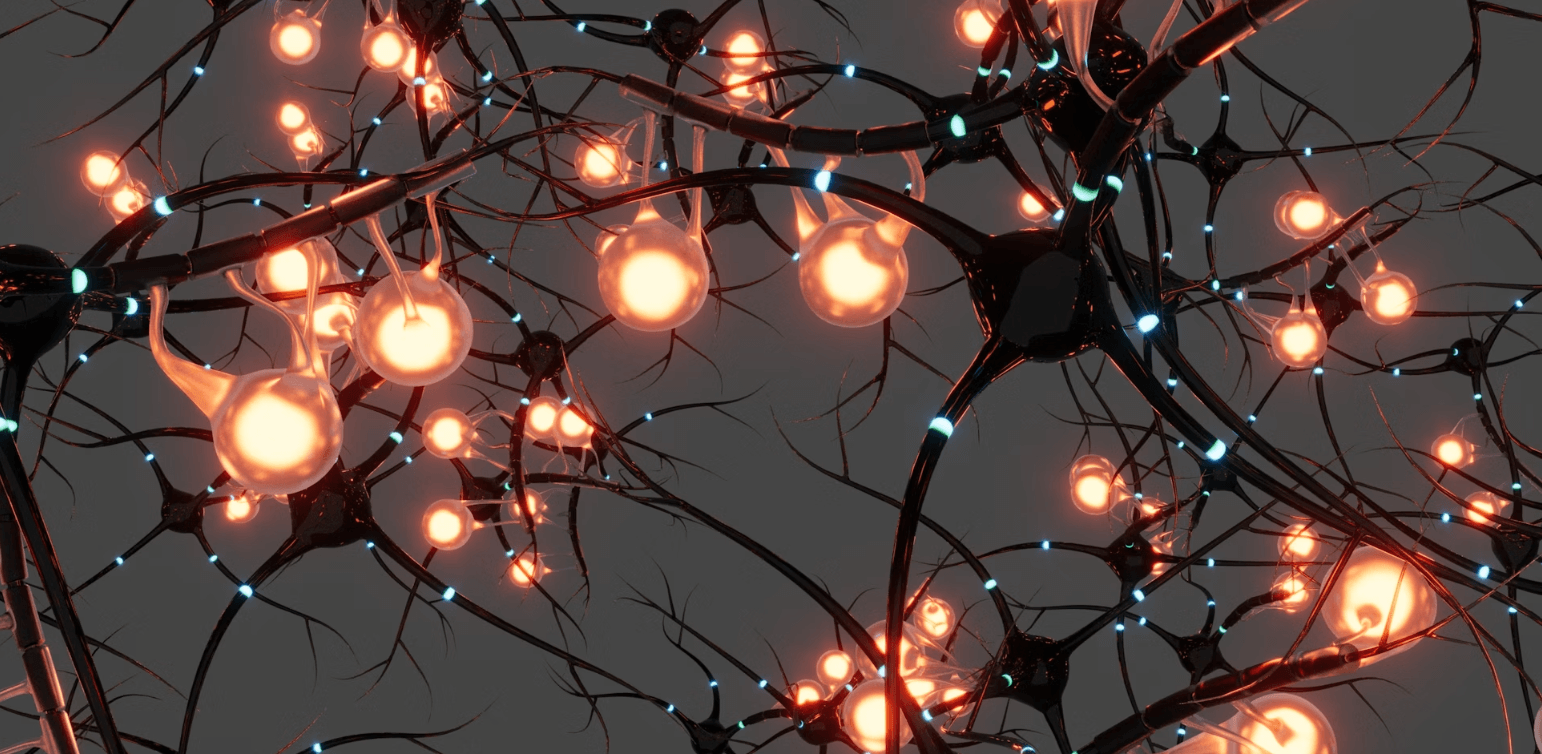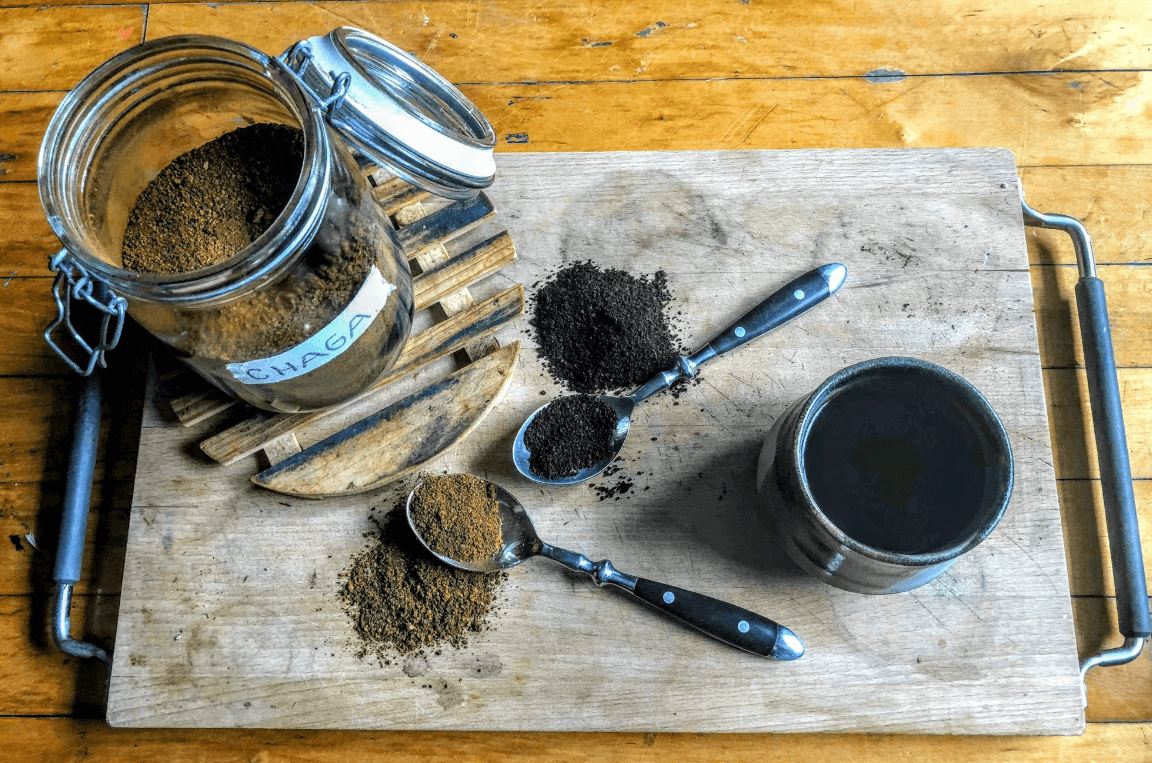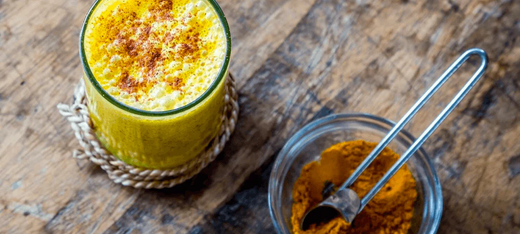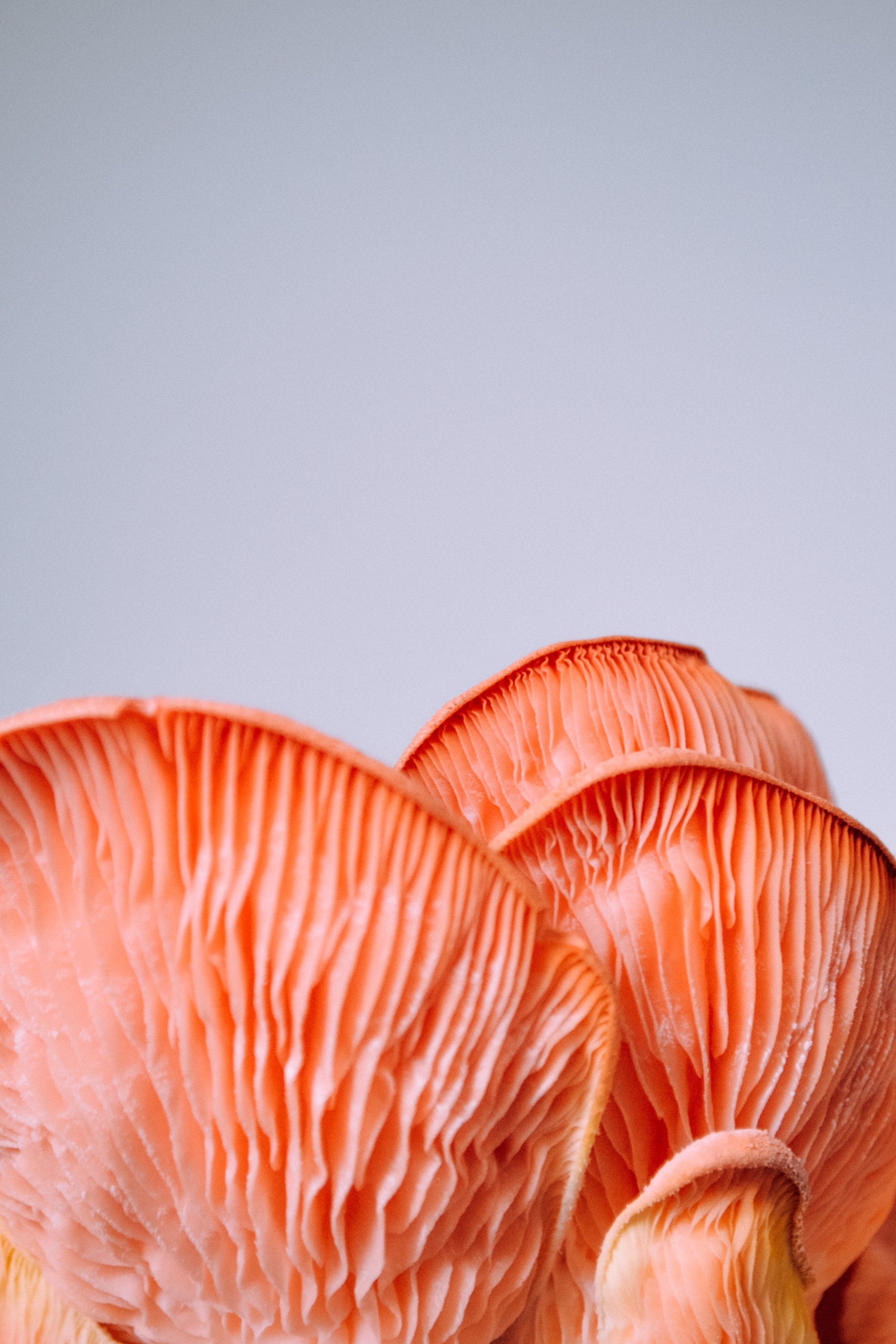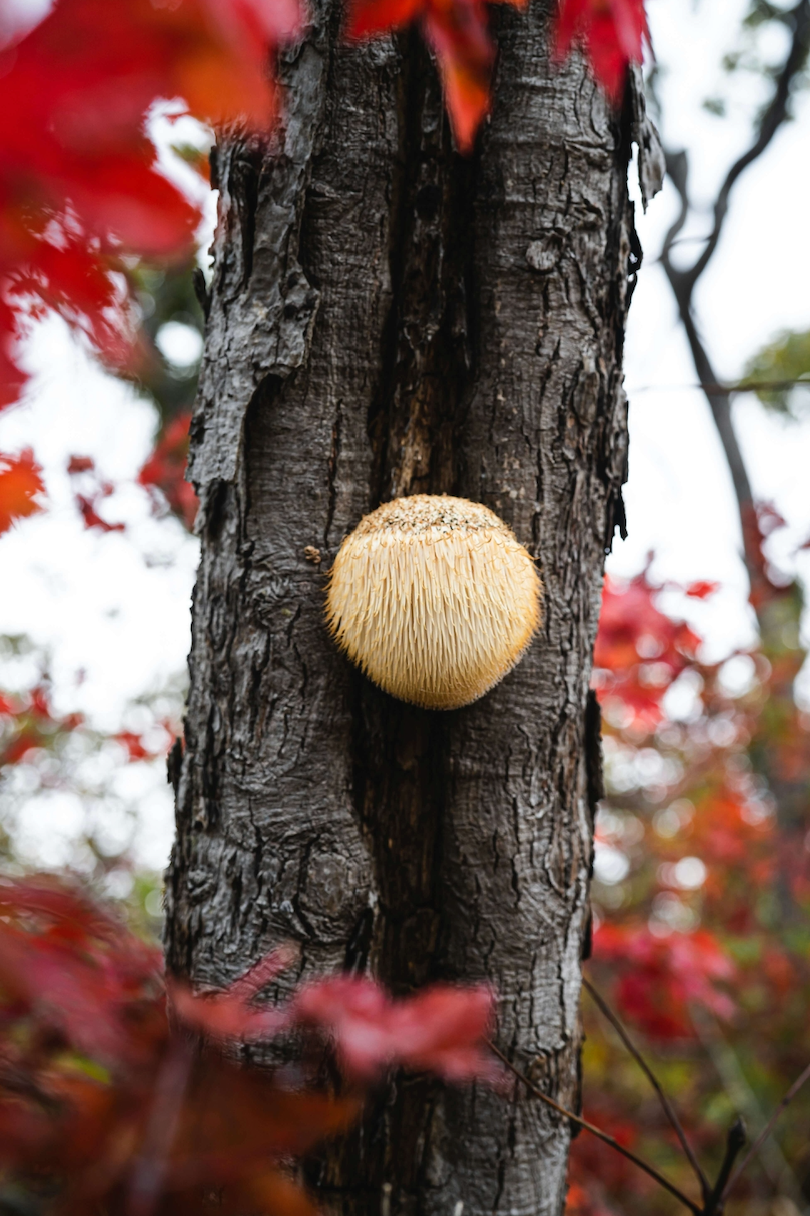More and more people are looking towards holistic medicine to stay healthy and address health concerns.
Naturopathic treatments, herbs and other natural substances are found in health food and nutrition stores in our neighborhoods and online.
The principle behind holistic medicine is to keep the body healthy.
Treatments go far beyond taking a multi-vitamin from the discount drug store.
One group of herbs that have been found to help people with a wide variety of health issues are adaptogens.
These herbs have been used in Chinese medicine for over 2000 years.
They’re also commonly used in Russia, Japan, Korea, and Europe.
Physicians and scientists from these countries have done studies that show adaptogens help the body "adapt" to changes in the environment.
The plants themselves are naturally found in harsh climate conditions.
Some say the adaptogens found in Russia are among the most potent.
Adaptogens can be taken as a group or individually.
Herbs are often combined to provide better healing for more complex ailments.
Adaptogens come in powder or pill form and as a suspension in dietary supplement drinks. Keep reading to know all about adaptogens.
What are Adaptogens
The term adaptogen has been around since the late 1940's and is generally credited to Russian Dr. Nicholai Lazarev Selye.
Lazarev was one of the first people to do research on traditional herbs that had been used in ancient medical traditions.
He generally defined adaptogens as a natural herb that allows the body to counter adverse physical, chemical or biological stressors by raising non-specific resistance towards the stressors, thus allowing the body to "adapt" to the stressful situation.
One of Lazarev's protégés from his early studies on adaptogens, Dr. Israel Brekhman, created what is the generally accepted definition of adaptogens in the late 1960's.
Brekhman defined adaptogens as:
- Non-toxic to the recipient.
- Producing a non-specific response in the body which increases the power of resistance against multiple stressors including physical, chemical or biological agents.
- Having a normalizing influence on physiology, irrespective of the direction of change from physiological norms caused by the stressor.
Make sense? In more general terms, Brekhman is saying that adaptogens are, in normal doses, non-toxic; able to produce a general defense against stress and that they help the body return to a more normal state.
These herbs are unique from other substances in their ability to balance endocrine hormones and the immune system.
They’re the only natural substances able to help the body maintain optimal homeostasis.
Adaptogens have been used for centuries in Chinese and Russian cultures.
Chinese warriors would consume adaptogens before going off to battle to provide them with energy and mental clarity.
Hunters in Siberia would take them before their long and arduous hunting trips.
More recently, adaptogens were used extensively as part of the training regime of the former Soviet Union's athletes.
By studying the effects of training on the athlete's body and providing them with adaptogens to supplement their normal diet the athletes performed better and their bodies recovered more rapidly.
Take a look at the medal counts from the Olympics during the 1970's and 1980's.
The results speak for themselves!!! Today many top athletes continue to use adaptogens to help them obtain peak performance.
From my perspective, the thing I like most about adaptogens is that they help create optimal physiological functioning.
Thus, we can create wellness versus treating disease. That to me is a better way to live.
What Are Adaptogens Used For?
With many benefits of adaptogens - who wouldn't want to take advantage of them? The benefits are often ongoing in many medical instances.
So what are the benefits of adaptogens?
1: Energy And Stamina
Adaptogen provides a steady level of healthy energy and endurance, eliminating fatigue.
2: Adrenal System
Chronic stress seems to be a constant in a lot of people's lives.
When you are stressed, your body produces higher levels of cortisol which can fatigue your adrenal glands, which also tends to disrupt hormone balance.
This leads to symptoms of fatigue, irritability, weight gain and sweet or salty food cravings.
Adaptogens help to balance cortisol production supporting health adrenal function.
3: Thyroid Hormones
Whether you are suffering from hypothyroidism (under active thyroid or elevated TSH and decreased T4) or hyperthyroidism (thyroid over produces T4, T3, or both), adaptogens regulate and balance healthy thyroid hormone production.
4: Anti-Aging
Adaptogens destroy free radicals which cause damage to your skin.
It also increases DHEA and Estrogen levels which help to increase collagen production that maintains your skin’s youthful appearance.
5: Mood Stabilizer
Adaptogens also has the amazing ability to decrease anxiety and reduce symptoms of depression.
In fact, adaptogens generally have a calming effect and elevates your mood.
6: Brain Health
Adaptogens greatly improve brain health by reducing the build-up of amyloid plaques in the brain that cause degenerative diseases such as Dementia, Alzheimer's, Parkinson's and Huntington's disease.
It also stimulates the re-growth of damaged brain cells helping to reduce the symptoms of these degenerative diseases.
Adaptogens also improve the production of acetylcholine which improves cognitive abilities such as memory and learning.
7: Diabetes
Adaptogens help improve the symptoms of diabetes by lowering after meal and fasting blood sugar levels and improving insulin sensitivity.
8: Cancer Prevention
Adaptogens help to block the growth of cancer cells (breast, lung, central nervous system and colon) due to immune boosting and antioxidant properties.
It increases the production of white blood cells which makes the body better able to fight cancer and also the effects of chemotherapy.
9: Reduces Pain And Stiffness In The Joints
As Adaptogens are powerful antioxidant, it greatly reduces inflammation in the body, thereby reducing joint pain and stiffness.
10: Prevent Inflammation
Adaptogens for inflammation is a bang. It has also been shown to decrease markers of inflammation, such as C-reactive protein (CRP).
This marker is linked to an increased risk of heart disease.

Most Powerful Adaptogenic Herbs
So what are some of the more common adaptogens and what benefits might they provide to you? Read on.
Eleutherococcus Senticosus (Aka Siberian Ginseng)
Eleutherococcus senticosus is a small, woody shrub that is native to East Asia, China, Japan and Russia.
Scientific studies have shown this to be the strongest and most potent of the adaptogens.
This plant helps the body adapt to stress, enhances mental acuity and physical endurance, and improves the muscles' use of oxygen.
It has also been shown to enhance and support immune system response.
Some other suggested uses are anti-inflammatory, radiological protection and normalization of body function.
Schizandra Chinensis (Aka Chinese Magnolia Vine)
Schizandra Chinensis is a hardy deciduous climber that is generally grown in gardens.
The Chinese call schizandra, wu wei zi, which means "five flavor fruits", because the berries contain all of the 5 traditional Chinese flavors: sweet, sour, bitter, pungent (spicy) and salty.
The seed of this herb promotes antioxidant activities against free radicals.
Some of its other traditional uses are to resist infection, increase skin health and combat insomnia.
Recent research indicates that schizandra is hepato (of or relating to the liver) protective and may help people with chronic viral hepatitis.
Aralia Mandchurica (Aka Manchurian Thorn Tree)
Aralia Mandchurica is a short handsome tree that is found in the Far East.
Aralia is well known in Russia and used to increase stamina and cognitive abilities.
It also helps stimulate the central nervous system, which helps improve immune system function.
The extract of aralia was officially approved for therapeutic use is the USSR in 1957.
Viburnum Sargenti (Aka Sargent Virburnum)
Viburnum Sargenti is a large shrub that grows 12-15 feet tall and bears white flowers in the spring that turn to bright red, berry-like fruit in late summer.
Recent studies show that Viburnum fruit possess high antioxidant, antiradical and antitoxic action.
It also has an anti-aging effect and enhances immunity.
Glycyrrhiza Uralensis (Aka Licorice Root)
Glycyrrhiza Uralensis is one of the oldest-known medical plants which bloom from June through August in a wide area that covers Western Russia, Central Asia and the Mediterranean.
In traditional Chinese Medicine it has been a staple botanical for the treatment of asthma and allergic rhinitis.
In present day, it is used to increase circulation, enhance skin tone, and protect against stress.
It is also known for its soothing properties, which help digestive, urinary and intestinal systems.
Rhaponticum Carthamoides (Aka Maral Root)
Rhaponticum Carthamoides is a herbaceous plant that occupies sub-alpine zones (4500-6000 ft above sea level).
It is widely cultivated throughout Russia and Eastern Europe.
This herb promotes improved muscular performance and the ability to convert fat proteins into muscle mass faster than working out alone.
Rhaponticum, is high in 20-E, one of the most common molting hormones in insects and crabs. 20-E is a bioactive adaptogen in humans.
Its adaptogenic properties have been traditionally used for fatigue, impotence and recovery from long illness.
Crataegus Oxyacantha (Aka Hawthorn Berry)
Crataegus Oxyacantha is a member of the rose family.
The shrub produces brilliantly colored red berries and primarily originates in Mediterranean areas, although bushes are found in other areas of the world.
The berry is high in antioxidants and has been employed as an herbal remedy since ancient times.
In Europe it is widely used as a preventative "heart tonic".
Its antioxidants help protect arteries from plaque buildup and help dilate the blood vessels, which results in more effective use of oxygen and nutrients as wells has regulate blood pressure.
It aids in reducing water retention by expelling excess salt from the body.
Rhodiola Rosea (Aka Golden Root)
Rhodiola Rosea grows in the cold regions of the world such as the Arctic, the mountains of Central Asia, The Rocky Mountains and mountainous parts of Europe.
The flower of this plant has been used for centuries in traditional therapies.
Such as in Russia, where it has been used to cope with the cold Siberian climate and stressful life.
Rhodolia Rosea is very effective for improving mood and alleviating depression. Research shows that it improves both physical and mental performance, reduces fatigue, and prevents high altitude sickness.
In one study, the Rhodolia Rosea group decreased proofreading errors by 88% while the control group increased proofreading errors by 84%!
Sorbus Aucuparia (Aka Mountain Ash)
Sorbus Aucuparia is a small to medium sized deciduous tree that is native to most of Europe except for the far south.
This tree produces a small fruits which ripen to a bright red color in the fall.
The berries of this tree have been found to have anti-scorbutic properties, which work to prevent Vitamin C deficiencies.
Inonotus Obliquus (Aka Chaga Mushroom)
Inonotus Obliquus is a parasitic mushroom which grows on birch trees. It causes the trees death in 5-7 years and is known as "birch cancer" in Russia.
Since the 16th century, Chaga Mushroom has been used in the botanical medicine of the Eastern European countries as a remedy for cancer, gastritis, ulcers and TB of the bones.
Scientific studies in Finland and Russia found this mushroom provided an epochal effect in breast cancer, liver cancer, uterine cancer and gastric cancer, as well as in hypertension and diabetes.
Herbalist David Winston maintains that this is the strongest anti-cancer medicinal mushroom.
So as you can see, even though adaptogens have only been studied for the last 60 years or so, they have been used for centuries in various cultures to promote health and wellness.
There are many supplements out there that use a number of these adaptogens.
Please note that these herbs by themselves are extremely beneficial.
However when they are combined, the synergistic effect of combining all multiplies their power many times over.

Are Adaptogens Safe?
Well, stressors such as: toxins, pollutants, oxidants, and chemicals in processed foods, radiation, depression and fatigue - are now thought to be the cause of DNA mutations that produce cancer.
Adaptogens are the missing nutrients from nature that protect us from the chemical hormonal assault of such stressors.
The frequency of cancer was 3.3 times lower in the animals taking the adaptogens than in the control group of animals not given adaptogens.
But the paramount question for each of us concerned about health is whether we can find a way to reduce, undo and buffer these damaging chemical effects of stress.
That is precisely what adaptogens are all about.
Supplementations with adaptogenic herbs maybe a great way to improve your health.
They’re non-toxic, and mostly side-effect-free
If adaptogens are being over consumed or overused, symptoms of toxicity such as hypertension, shortness of breath, dizziness, inability to concentrate, a loud palpable fourth heart sound, thrusting apical pulse, and hypertensive changes on examination were reported in a 39-year-old man who had taken various ginseng products for 3 years.
His blood pressure measured 140/100 mmHg on three occasions over 6 weeks, and when referred for management of his hypertension it was 154/106 mmHg.
He was advised to discontinue the ginseng products and 3-month later, his symptoms had resolved.
In addition, A 72-year-old woman experienced vaginal bleeding after taking 200 mg daily of a Swiss-Austrian geriatric formulation of ginseng (Geriatric Pharmaton, Bernardgrass, Austria) for an unspecified time.
In a similar case, a 62-year-old woman had undergone a total hysterectomy 14 years previously and had been taking Rumanian ginseng alternating with Gerovital® every 2 weeks for 1 year.
The patient derived a marked estrogenic effect from the product based on microscopy of vaginal smears as well as the gross appearance of the vaginal and cervical epithelium.
So the bottom line is adaptogens come pretty close as one of the best natural remedy that promotes various healthy well-beings.
It is a fantastic option for longevity but just be aware that too much of a good thing might not give you desirable result.
Use adaptogens in moderation & you will enjoy the great benefit of these ancient perennial herbs.
Conclusion
Adaptogens were used long before any of us got our hands on modernized medicines.
In Asia, they truly believe in adaptogens with something called Ayurveda which is commonly found in the Chinese medical category.
This is one herb that does not compare to others because of the benefits it has.
By preparing special herbs, you are able to rid your body of anything deemed "unclean".
During the year of 1940, a clever doctor named Nikolai Lazarey came up with a definition of adaptogens that everyone could understand in herbal medicine.
He used the word "adaptogen" which is referred to because it will adapt to stress rather than barely surviving in a world filled with stressing events.
You can easily get stress from anything physical, emotional or chemically induced so always make sure you have had a good dose of your adaptogens.
Today, many practitioners and experts in health will actually use adaptogens as part of their regimen.
Adaptogens work by challenging body systems, causing them to respond normally and restore themselves to natural levels.
Adaptogens also have antioxidant activity which is essential for repairing and protecting against damage.
